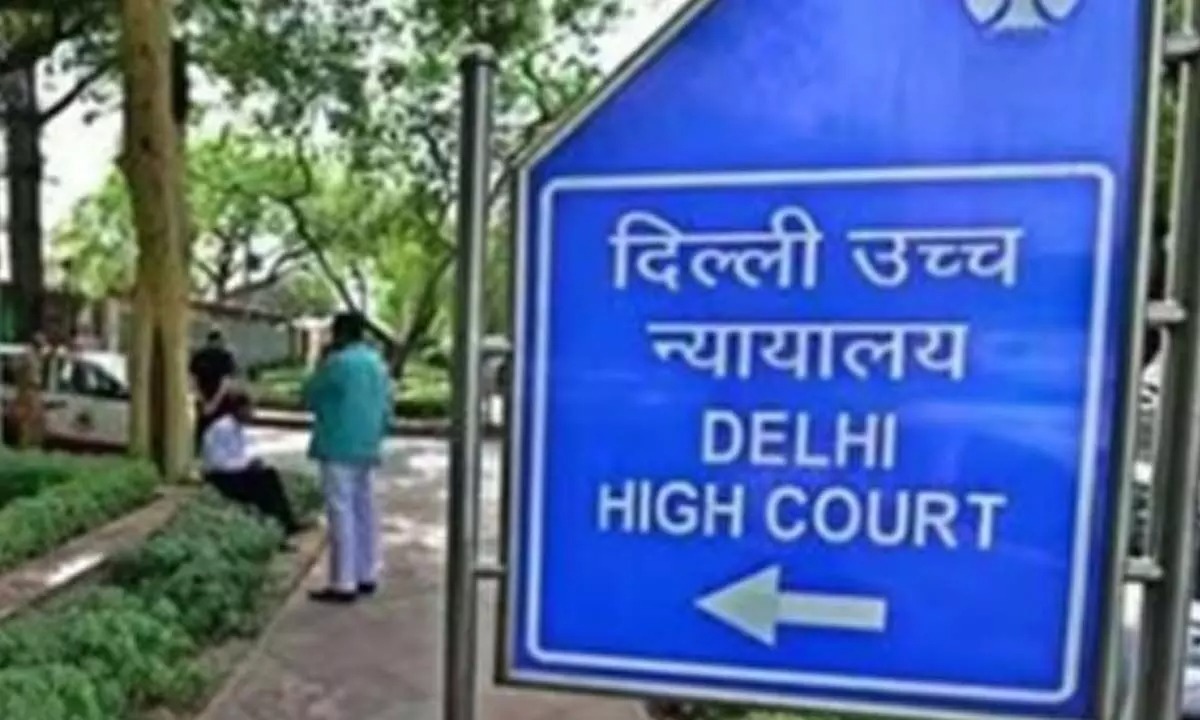R.K. Merathia and Ajit Kumar Sinha, JJ.@mdashThis appeal has been directed against the judgment dated 4.7.1992 passed by 7th Additional Sessions Judge, Ranchi in Sessions Trial No. 126 of 1988 convicting the appellant under Sections 302 and 201 of Indian Penal Code and sentencing him u/s 302 Indian Penal Code to undergo rigorous imprisonment for life and for the offence u/s 201 of Indian Penal Code to undergo rigorous imp t is eminent for five years. Both the sentences were ordered to run concurrently.
2. Prosecution case in short is that, the informant Puni Mundain, wife of the deceased Kaila Munda gave a fard beyan before the police on 6.7.1987 at about 3.30 P.M. that on the previous day, her husband, her nephew Etwa and villager, Nago Munda came back home after selling Meat with the unsold Meat. She cooked it and all were taking their meals. In the meantime, the appellant came in intoxicated state and started abusing them that they are not giving Meal to him. On this, she gave him some Meat to eat and thereafter he went back. Then her nephew Etwa Munda and villager Nago Munda went back to their home. About one hour thereafter, i.e. at about 11-12:00 at night, the appellant again came to her house. He was heavily drunk and started assaulting her husband by fists and slaps. When she intervened, he assaulted her also by fists. Due to fear, her husband ran out from the house. The appellant chased and assaulted him with fists and slaps iuui killed him by strangulation and then concealed his dead body in the well. She raised alarm, but nobody came. In the morning, the villagers searched out the body of her husband from the well. At the time of the alleged occurrence, her younger sister Badli Mundain and sister''s daughter Sheelwati Kachap were present who had seen the occurrence. On such ferdbayan F.I.R. was drawn.
3. Charge-sheet was submitted, cognizance was taken and charges were framed u/s 302 read with Section 201 of Indian Penal Code. The appellant pleaded not guilty and claimed to be tried. His defence was that the dead body of the deceased was found in the same well in which his son had also fallen and died and so it might be that the deceased out of sorrow and grief had jumped into the well and the appellant had falsely been implicated in this case.
4. Counsel for the appellant submitted that appellant had no intention to kill and, at best, it is a case u/s 304 Part II I.P.C.
5. Counsel for the State supported the impugned judgment and submitted that prosecution has proved its case.
6. The prosecution examined total 9 witnesses. P.W 1 is the informant himself; P.Ws. 2 and 3 are hearsay witnesses; P.Ws. 4, 6 and 8 are tendered witnesses; and P.Ws. 7 and 9 are formal witnesses. The doctor has not been examined. However, the post mortem report was proved. According to the Post Mortem report, the cause oi death was due to shock heamorrhage and cardiovascular failure due to asphyxia caused due to strangulation; - the thyroid bone and cartilage was found fractured; - both the lungs were swollen with multiple haemorrhagic spots.
7. Thus, the version of the informant is corroborated by the post mortem report to the extent that the appellant caused injuries on the deceased by fists, slaps and legs and strangulated him due to which he died. From the other materials on record, it is also clear that after the deceased died, he was thrown into the well by the appellant. But the question is: whether the appellant has committed a crime punishable u/s 302 or a crime punishable u/s 304 of Indian Penal Code.
8. Admittedly, the appellant was heavily drunk at the tune of alleged incident, and he did not use any weapon. Thus, it will not be safe to hold that the appellant had the intention and motive to kill tie deceased. Moreover, the deceased was aged about 65 years. It bus also come in evidence that the well was on the ground level without an; barrier. The prosecution has not been able to prove the charges u/s 302 and 201 of the Indian Penal Code. After taking into consideration the materials on record, we are inclined to convert the conviction u/s 304 Part II of Indian Penal Code.
On the question of sentence, it appears that the appellant was granted bail in the year 1992 after remaining in jail for about 5 years. It further appears that the appellant is a rustic Adiwasi and this was his first offence. In these circumstances, he is sentenced for the period already undergone by him in jail. He is discharged from the liabilities of his bail-bond.
9. In the result, this appeal is allowed in part to the extent indicated above.

